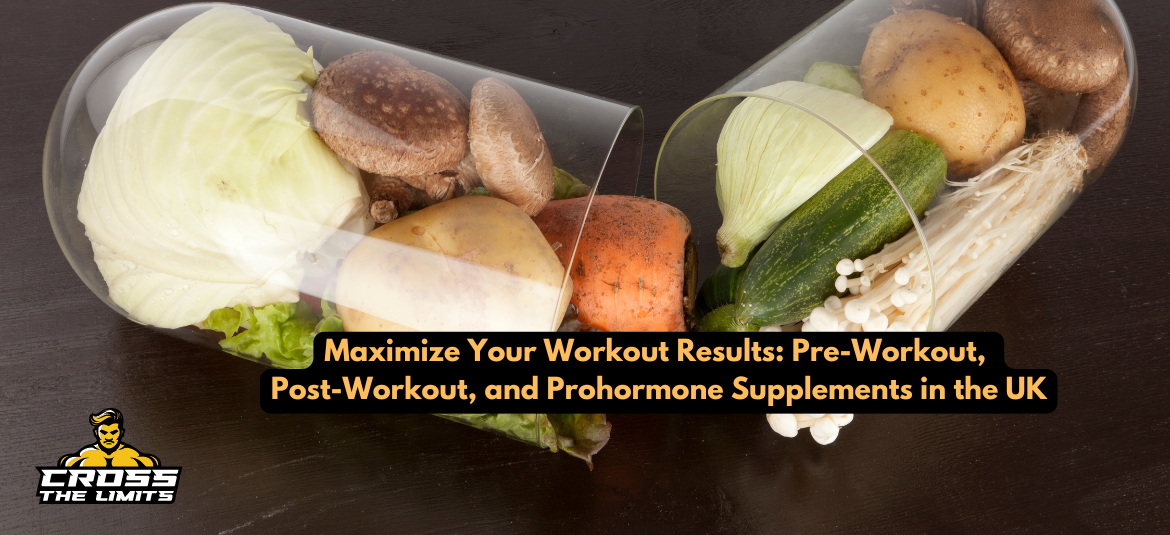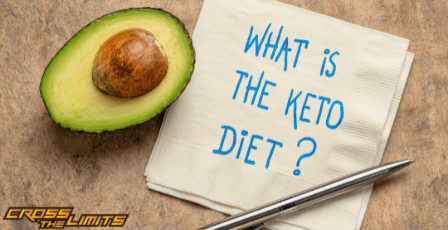
What is a ketogenic diet?
The ketogenic diet is considered a very effective but quite controversial (later on) weight-loss method. It has a lot of supporters who emphasise that on a ketogenic diet, you can eat tasty and healthy meals while losing weight. They are based on the belief that: “by eating fat, you burn fat”.
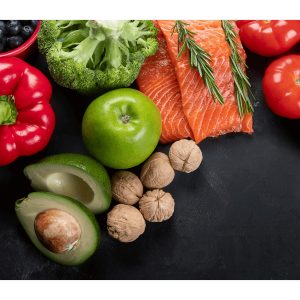 Today’s article will present the basics of the ketogenic diet, which has been enjoying increasing popularity recently. We will also discuss examples of foods that you can choose while on this type of diet.
Today’s article will present the basics of the ketogenic diet, which has been enjoying increasing popularity recently. We will also discuss examples of foods that you can choose while on this type of diet.
What is the ketogenic diet, and what is it based on?
As already mentioned, the main idea of the ketogenic diet is to eat fat to… burn fat. The whole thing is done with a limitation of carbohydrates in daily meals. This diet is widely used in the fight against extra kilograms and during treatment of, for example, diabetes or hypertension. However, it is worth stressing that it should always be conducted under the supervision of a dietician or a doctor because if used on its own and in an improper manner, it may cause dangerous side effects. This applies particularly to people who suffer from chronic diseases or problems with kidneys, liver or pancreas.
What does a ketogenic diet consist of?
What to eat on a ketogenic diet? First and foremost, fat. The increased supply of fat while limiting the intake of carbohydrates is the main principle of the ketogenic diet. Importantly, however, these fats should be combined with an adequate amount of protein. This is why it is so essential to carry out the diet under a specialist who can select the right amount of ingredients in the food. The norm in the case of this type of diet is nowadays to eat meals in which up to 90% are fats, while the rest are carbohydrates and protein. This is a definite difference in how most people eat, as carbohydrates make up the essential part of our daily diet. The ketogenic diet limits the amount of these, which can cause people who are on it to experience reduced energy levels initially. However, this type of action aims to force the body to start looking for alternative sources in the form of fats, which are burned.
The ketogenic diet is based on a large amount of meat on the daily menu. These must be unprocessed products of high quality. Their selection should be made in a balanced way, limiting the amount of protein. It is therefore recommended to eat mainly chicken, in the form of breast, leg, as well as: ground beef, steaks, loins, liver and bacon.

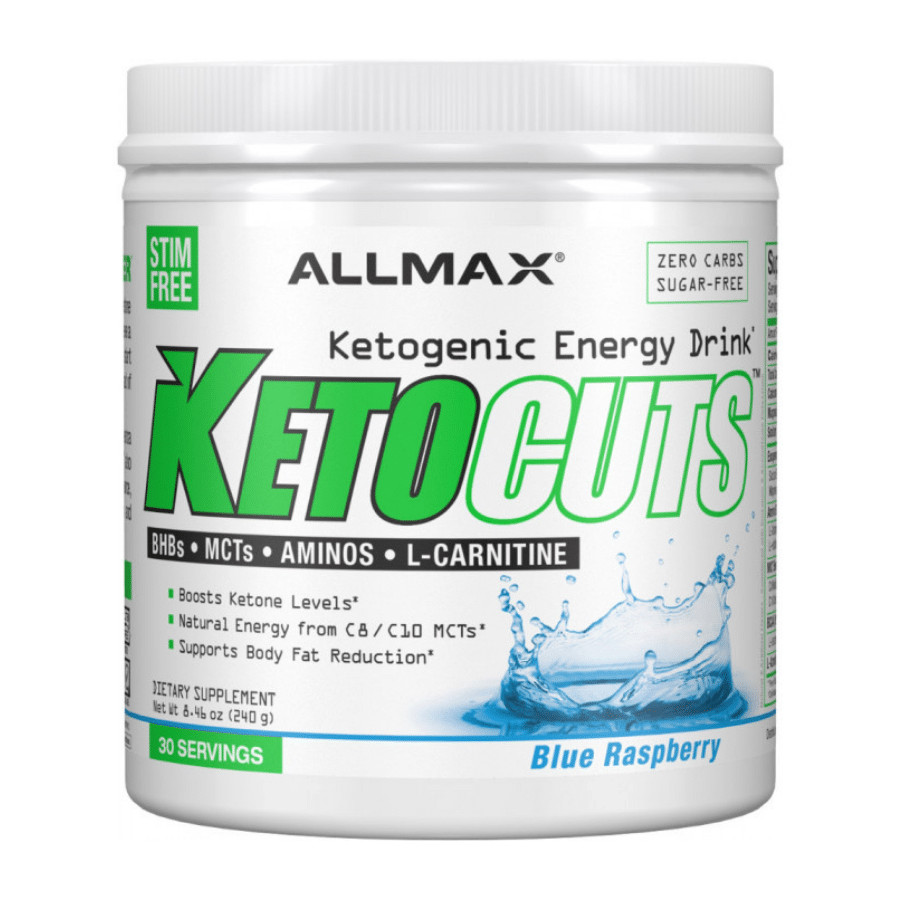
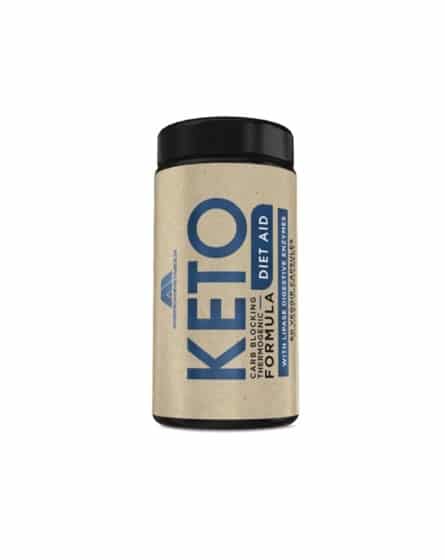

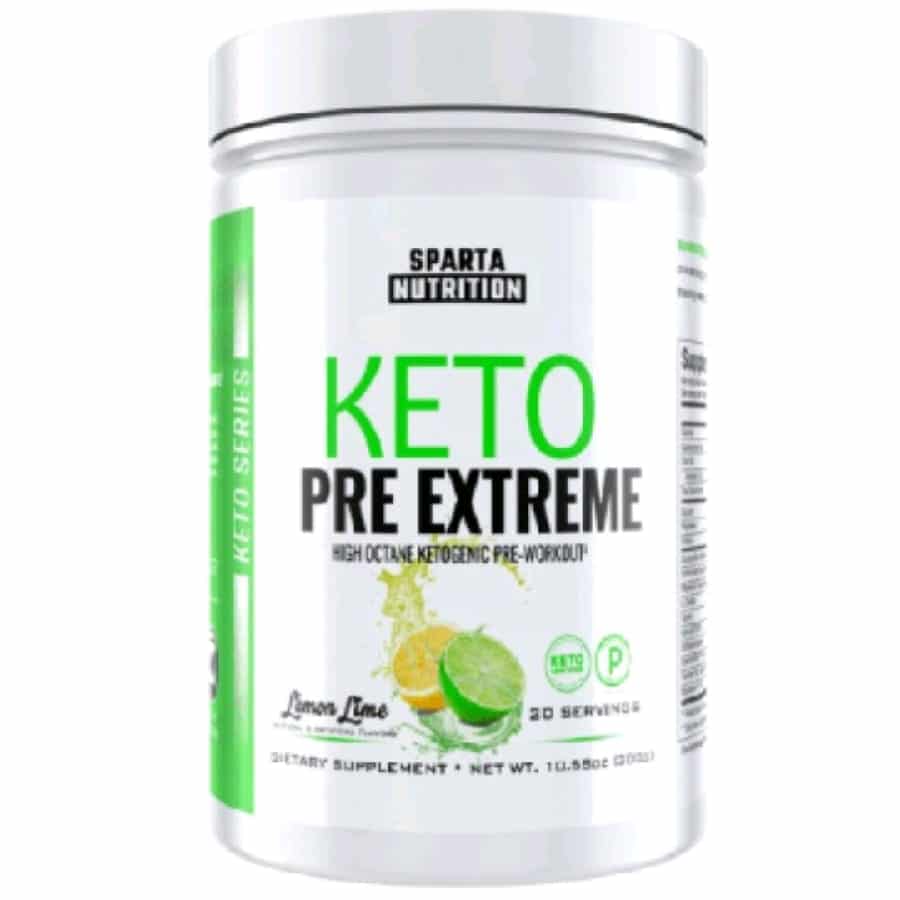
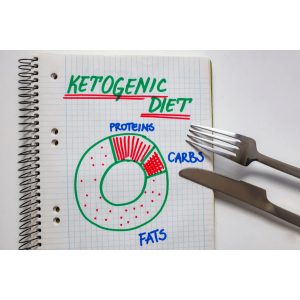 While on a ketogenic diet, you should also give up sugar. However, what is essential is that this does not only apply to sweets and simple forms of sugar but also to those found in many of the products we eat every day. Therefore, it is worth reading labels carefully and checking the so-called hidden sugar (e.g. mayonnaise, Habanos sausages, etc.). Sugar has, notably, other alternative methods of replacing it on the ketogenic diet, including products such as erythritol, stevia and xylitol. These are healthier and do not raise blood sugar levels as dramatically as white sugar.
While on a ketogenic diet, you should also give up sugar. However, what is essential is that this does not only apply to sweets and simple forms of sugar but also to those found in many of the products we eat every day. Therefore, it is worth reading labels carefully and checking the so-called hidden sugar (e.g. mayonnaise, Habanos sausages, etc.). Sugar has, notably, other alternative methods of replacing it on the ketogenic diet, including products such as erythritol, stevia and xylitol. These are healthier and do not raise blood sugar levels as dramatically as white sugar.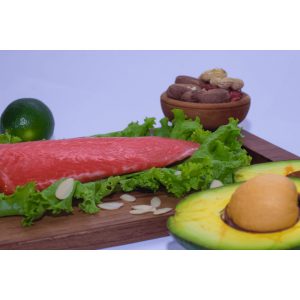 The ketogenic diet is also recommended for people struggling with epilepsy, Rett syndrome, Dravet, Doose, diabetes or tuberous sclerosis. Experts also mention the contribution of this diet in protecting nerve cells from free radicals. On the other hand, opponents point out that improperly balanced meals during a ketogenic diet can have negative health consequences (kidney stones, hormonal disorders). That is why it is so important to consult a doctor and a dietician before going on this type of diet.
The ketogenic diet is also recommended for people struggling with epilepsy, Rett syndrome, Dravet, Doose, diabetes or tuberous sclerosis. Experts also mention the contribution of this diet in protecting nerve cells from free radicals. On the other hand, opponents point out that improperly balanced meals during a ketogenic diet can have negative health consequences (kidney stones, hormonal disorders). That is why it is so important to consult a doctor and a dietician before going on this type of diet.

